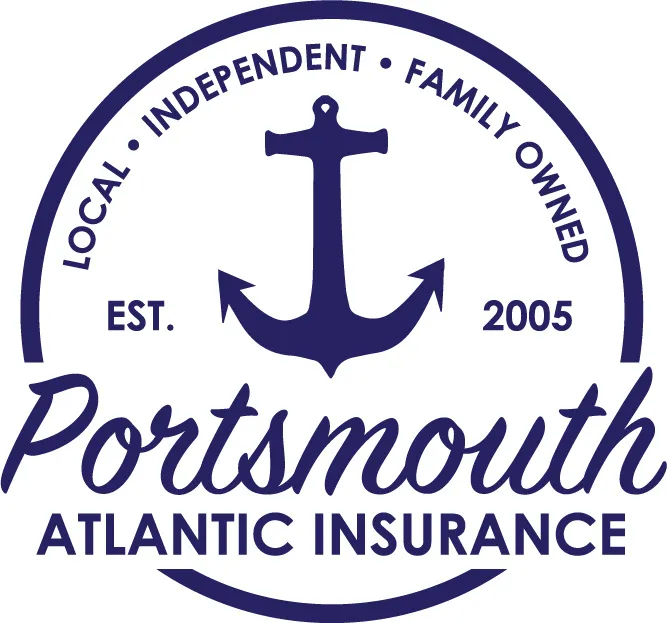RV Insurance: Our Comprehensive Guide
Hitting the road in an RV can be one of the best adventures yet! Whether you’re simply a weekend warrior who likes to travel within your local region or you’re a true trailblazer who resides in your RV full-time, an RV will allow you to explore the great outdoors with the creature comforts of home. With this in mind, you’ll likely want to explore the benefits of having the right level of RV insurance coverage before heading out on your next big journey. In this post, we’ll be going through everything you need to know when it comes to ensuring your RV and travels are well-protected throughout your entire journey. Should you have any immediate questions, feel free to contact us, and we’ll be sure to respond to your message as soon as possible.
What is RV Insurance?
RV insurance covers recreational vehicles, a category which includes motorhomes, campervans, travel trailers, and fifth wheels. Unlike standard auto insurance, RV insurance policies are designed to cover the variety of unique needs of traveling on the road, combining certain elements of homeowners insurance and certain elements of auto insurance, which in turn yields a comprehensive level of overall coverage
Types of RV Insurance Coverage
Understanding the different types of coverage available is key to selecting the right policy for your needs:
Liability Insurance: Liability insurance is mandatory in most states, and covers costs associated with most types of bodily injury and property damage that may have been caused by you against others in an accident.
Collision Insurance: Collision insurance can help pay for repairs to your RV if it happens to be damaged in an accident, regardless of who is at fault.
Comprehensive Insurance: Comprehensive insurance will cover damage to your RV resulting from an non-collision event, such as fire, theft, vandalism, or forms of environmental damage such as hail.
Uninsured/Underinsured Motorist Protection: Uninsured or underinsured motorist protection offers coverage if you’re involved in an accident with a driver who doesn’t have a sufficient level of insurance coverage to cover associated damages.
Contents Coverage: Contents coverage helps protect personal belongings as you travel with your RV. It also protects against the loss of personal items inside your RV, even if you live full-time in your RV (depending on the specific policy coverage).
Roadside Assistance: With the larger size and complexities of an RV, roadside assistance may be a completely different ballgame when compared to standard automotive roadside assistance. You may require towing assistance, tire changes, or help if you’re locked out of your RV.
Full-Time Coverage: If you happen to reside full-time in your RV, you’ll likely need some form of full-time insurance coverage. In most cases, this type of coverage more closely resembles a homeowner’s policy and will likely include additional liability coverage.
Why You Need RV Insurance
RV insurance is not just a legal requirement, it’s an important element of being a responsible RV owner. Here are some reasons why it’s necessary:
- Protection on the Road: RVs tend to be larger and much more difficult to effectively maneuver than your standard vehicle on the roadways. This makes comprehensive coverage vital for any unexpected road incidents which may occur.
- Asset Protection: RVs can be extremely expensive and therefore may be considered an actual investment by most people’s standards. Proper insurance coverage can help protect your investment against potential financial loss due to accidents, theft, or natural disasters.
- Liability Coverage: Being that RVs may be utilized as living spaces, liability coverage is quite important to protect against claims of injury or damage within your temporary “home” away from home.
Choosing the Right RV Insurance
When shopping for RV insurance, consider these helpful tips:
- Assess Your Needs: The right level of coverage depends on your individual needs and how you choose to use your RV. The occasional vacationer will have much different needs than your full-time road warrior.
- Compare Quotes: Comparing quotes from several different RV insurance providers will help you determine which insurance company can offer you the best coverage while also providing said coverage at the best price.
- Review the Deductibles: You’ll always want to review any and all deductibles within your policy. Higher deductibles may lower your premiums, yet you’ll still want to make sure you can afford the total deductible cost if you need to make a claim.
- Check for Discounts: Many insurers will offer a variety of discounts or incentives to reduce costs and improve efficiency on their end. Examples of this discount and incentive process include discounts for safe drivers, policy bundling, and the installation of safety devices on your RV to monitor driving habits.
Contact Portsmouth Atlantic Insurance for All of Your RV Insurance Needs
RV insurance is an essential part of being able to freely enjoy your travels with the right peace of mind. Now that you have a greater understanding of your coverage options, you can better select the right policy for your unique needs and lifestyle. Protecting your RV is so important. You’ve worked hard to be able to purchase your RV. Start protecting it with the right level of coverage by contacting us at Portsmouth Atlantic Insurance today to see how we can help you secure the best policy for your needs at the most affordable price point. We look forward to hearing from you soon!
